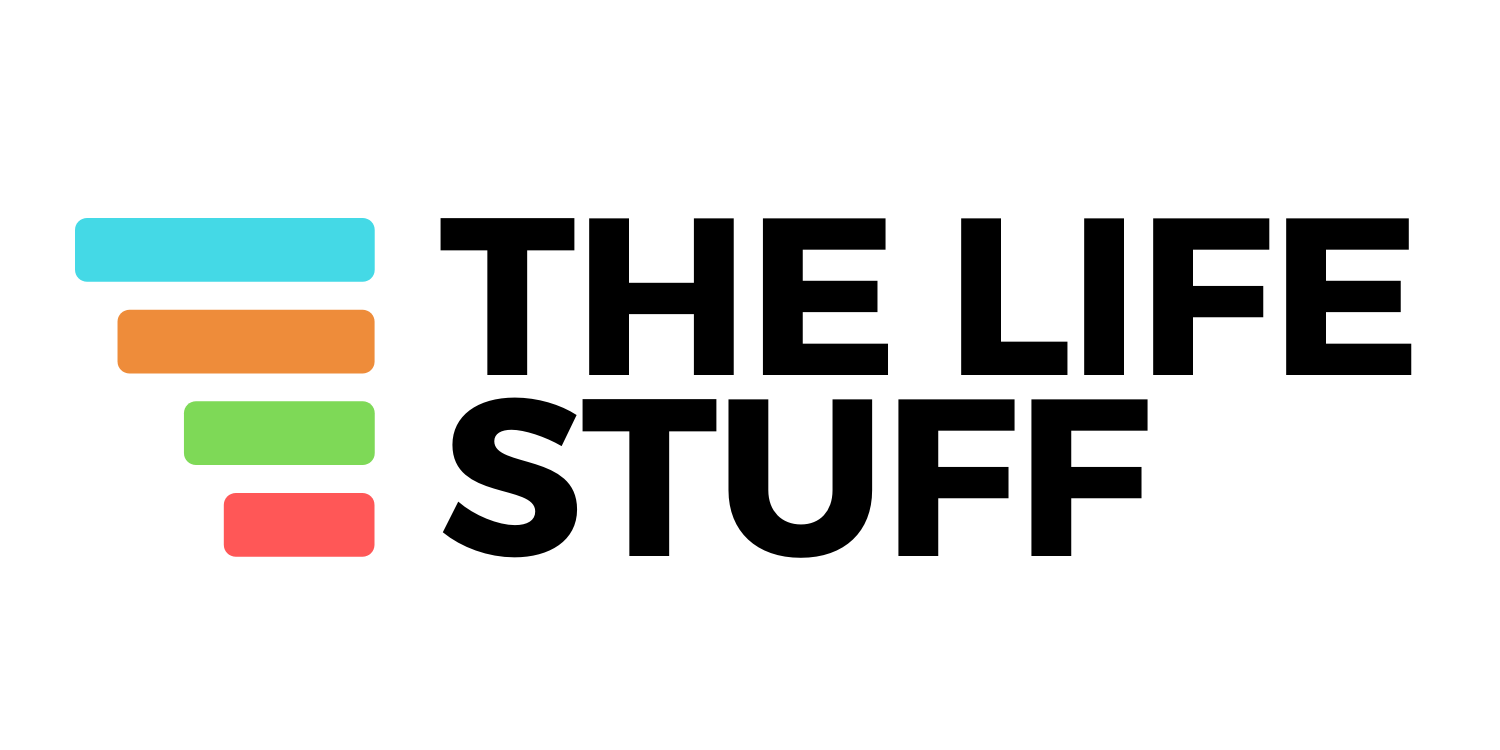Inflation is an economic reality that affects the purchasing power of your money over time. While some level of inflation is considered normal, it can erode the value of your savings if left unchecked.
As a result, it’s essential to understand the impact of inflation and implement strategies to protect your hard-earned money. Let’s explore the effects of inflation on savings and discuss effective measures to safeguard your wealth.
Contents
Understanding Inflation
Inflation refers to the increase in prices of goods and services over time. When inflation occurs, the purchasing power of each unit of currency diminishes. For example, if inflation is at 2% annually, the cost of goods will rise by an average of 2% each year. Consequently, the value of your savings will decrease unless you take proactive steps to counteract its effects.
The Erosion of Purchasing Power
Inflation can slowly erode the purchasing power of your savings. Let’s say you have £10,000 in a savings account earning a nominal interest rate of 1%. If the inflation rate is 2%, your real return after accounting for inflation would be negative 1%. This means that even though you earned interest on your savings, the rising prices have effectively reduced the value of your money.
Impact on Long-Term Goals
The impact of inflation becomes more pronounced when considering long-term financial goals, such as retirement or purchasing a home. Over several decades, inflation can significantly diminish the value of your savings. To combat this, it’s important to consider inflation-adjusted investment options that offer the potential for higher returns.
Invest in Assets That Beat Inflation
To protect your savings from the impact of inflation, consider investing in assets that have historically outperformed inflation rates. These assets may include stocks, real estate, commodities, and inflation-protected securities. While these investments come with their own risks, they have the potential to provide returns that outpace inflation and preserve your purchasing power.
Diversify Your Portfolio
Diversification is key to mitigating the impact of inflation on your savings. Spread your investments across different asset classes to reduce risk and capture potential returns from various sources. A diversified portfolio can include a mix of stocks, bonds, real estate, and other investment vehicles. By diversifying, you increase the likelihood of having some investments that perform well even in times of inflation.
Consider Dividend-Paying Stocks
Dividend-paying stocks can be an attractive investment option during inflationary periods. These stocks provide regular income through dividends, which can help counteract the erosion of purchasing power caused by inflation. Look for companies with a history of consistent dividend payments and strong financial fundamentals.
Invest in Real Assets
Real assets such as real estate, commodities (like gold or silver), and infrastructure investments can act as a hedge against inflation. These assets tend to retain or increase in value during inflationary periods. However, it’s essential to conduct thorough research and consider the specific risks associated with each asset class before investing.
Reevaluate Fixed-Income Investments
Fixed-income investments, such as bonds and certificates of deposit (CDs), may be negatively impacted by inflation. The fixed interest rates offered by these investments may not keep pace with rising prices. Consider diversifying your fixed-income investments with inflation-protected securities or shorter-term bonds that can be reinvested at higher interest rates as inflation rises.
Regularly Review and Adjust Investments
Inflation rates can fluctuate over time, so it’s important to monitor and adjust your investments accordingly. Review your investment portfolio regularly and make necessary adjustments to ensure it aligns with your financial goals and the prevailing economic conditions.
Focus on Long-Term Strategies
Protecting your savings from inflation requires a long-term perspective. Short-term market fluctuations and inflationary spikes should not cause knee-jerk reactions. Stay focused on your financial goals and maintain a well-diversified portfolio that has the potential to withstand the effects of inflation over time.
Bringing it all together
Inflation can have a significant impact on the value of your savings if left unaddressed. By understanding the effects of inflation and implementing strategies to protect your money, you can preserve your purchasing power and work towards achieving your financial goals.
Invest in assets that historically outperform inflation, diversify your portfolio, consider dividend-paying stocks, and periodically review and adjust your investments. By taking proactive steps, you can navigate the challenges of inflation and secure a more robust financial future.









